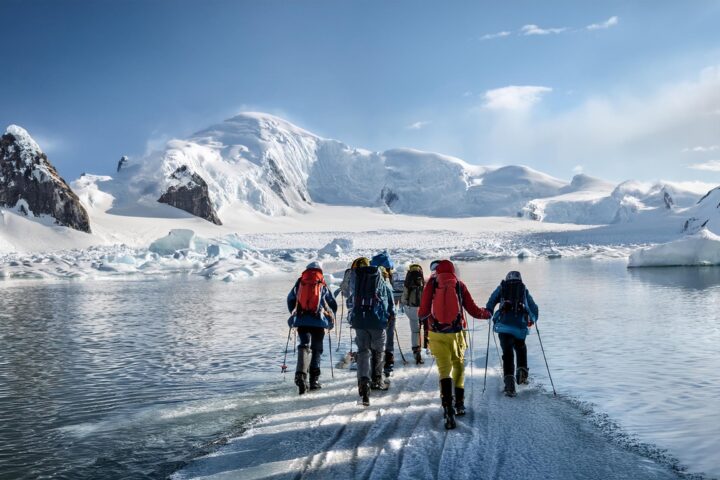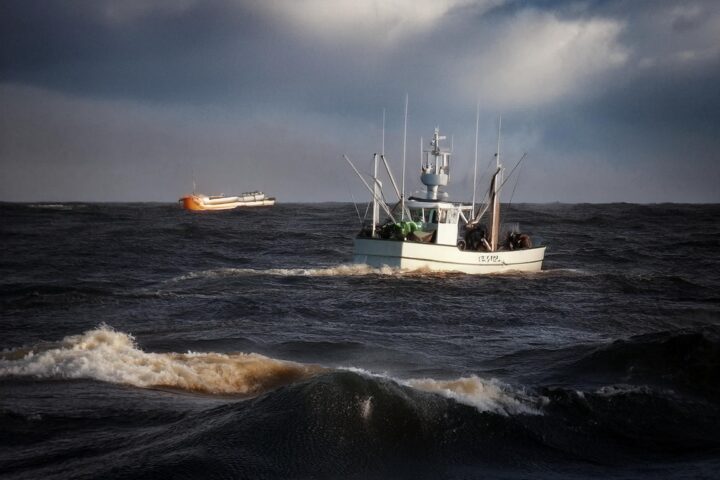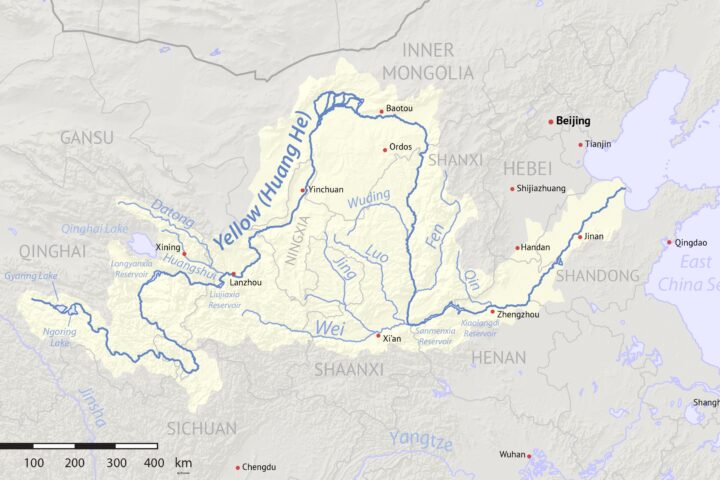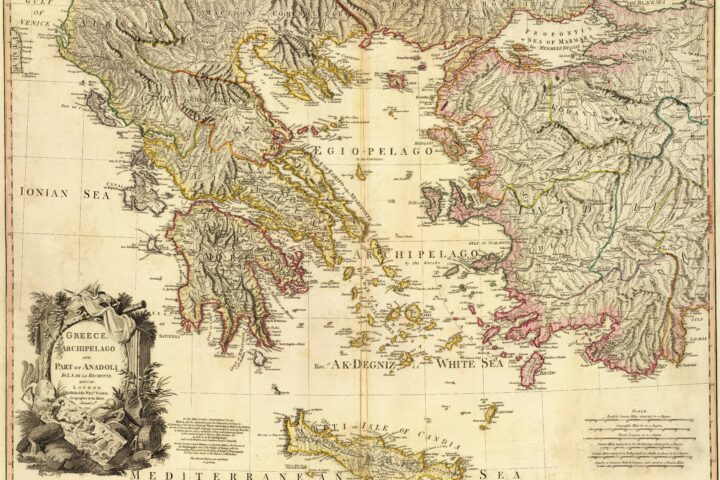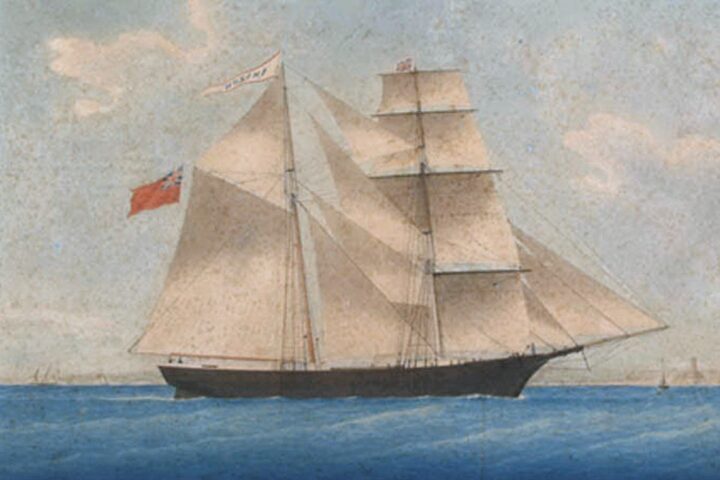Source: Wikimedia_Peaceful_Sunset_(Maldives)_By Giuseppe Milo from Dublin, Ireland – Peaceful Sunset – Maldives – Travel photography, CC BY 2.0
Learn about some of the most peaceful countries in the world which haven’t been keen on joining power struggles throughout history. Understand their political ideologies and why they choose to sit out.\
War has never stopped. Our species proliferated by sparring with other competitions for survival and later, formed civilizations and formed against each other. No amount of knowledge and civilization has stopped human beings from fighting with each other. And the future doesn’t seem that hopeful either. But that doesn’t mean it cannot happen.
In a world where war and strife are extremely common, there are also some countries which have sworn of engaging in fights and have embraced neutrality. These countries pose as examples of the fact that peace is always an option as long as people are willing to work for it. Diplomacy and strategic neutrality can always work its wonders on the psyche of people and prevent bloodshed and violence.
Costa Rica

Source: Flickr_HDR Sunset, Costa Rica _ HDR image of the sunset seen
Costa Rica comes on top of this list because it has shown that a country can function properly even without a military. While this might not be possible for every other (larger) country, they present a good approach which can prove to be extremely useful.
Costa Rica had abolished its military on December 1, 1948 and after 70 years of doing so, fully considers this to be a great move for peace and the well-being of the people there. It has also made the country more environmentally friendly.
This declaration was made by the then-leader of the governing junta, José Figueres Ferrer whose decision was later codified in the constitution as well. While the reason for doing so was not purely based on peaceful intentions and had a bit of political hint to it, this has worked out all for the better.
Currently, instead of a proper military, there are three levels of protection in Costa Rica which consist of the police force which operate on the land, sea, and air. These public security forces take care of the border security, internal peace, and also look out for narcotrafficking.
Liechtenstein

Source: Flickr_Liechtenstein Parliament _ Liechtenstein’s Parliament
Ever since it formed after the dissolution of the Holy Roman Empire, Liechtenstein has adopted a policy of neutrality. This happened in 1806 and later in 1868, they also abolished their army. Hence, it is one of the other countries in the world which operate without an army.
A fun incident about their last military expedition is quite notorious for all the right reasons. It was the Austro-Prussian War of 1866 and Liechtenstein had sent an army of 80 people while a reserve of 20 people stayed behind. This deployed force didn’t have much to do and later on, it was reported that there were no casualties happened during this time either. Instead, the army returned with one extra person with them. They had made a friend along the way!
Even later on, in World War I and II, Liechtenstein remained neutral and wasn’t invaded or engaged in conflict. Economic neutrality has also been observed along with diplomatic relation building. In 2007, when some 170 Swiss troops accidentally crossed the border of Liechtenstein, the latter declined to take any action and the whole issue was resolved quite peacefully.
San Marino

Source: https://www.flickr.com/photos/emiliano-iko/3858872538
San Marino claims to be one of the oldest republics in the world and has a very unique position in European Affairs. It is extremely small and located completely inside Italy. This has allowed it to avoid many conflicts over the course of history.
Its case is similar to that of Liechtenstein but also different at the same time. Just like the other country, San Marino had a neutral stance during the World Wars but unfortunately, it was not safe like Liechtenstein. It became a target of bombing by the British in 1944 and was also occupied by Germany and the allies in the same year.
But the time after that hasn’t been so bad and San Marino was able to join the United Nations in 1992. It also developed an economic center to be able to stay independent from other countries and maintain neutrality.
Sweden

Source: https://www.flickr.com/photos/philprice/1628688233
Sweden has had a more complex history as compared to the other countries in this list but is still worth mentioning.
After the Napoleonic Wars, Sweden adopted a policy of neutrality in 1814. This had happened after it had been engaged in numerous conflicts and been part of many wars throughout Europe. This decision was welcomed, however, and it was able to maintain this policy for 200 years.
Their policy had changed a lot during this period- it went from armed neutrality to diplomatic relation building- but it was still better than being involved in war completely. It was also neutral during the World Wars. But one topic of debate still comes up whenever one talks about Sweden’s role in the World War II. Sweden had actually allowed German troops to transport and some other concessions as well. The debate is all about this, and the policy of neutrality and persists till date.
It wasn’t engaged in any conflict even after that. But its streak of 200 years of neutrality ended when it finally became part of NATO. This happened after the Russian invasion of Ukraine and was seen as a move full of political support for Ukraine. The government and the opposition both approved the decision and Sweden let go of its Neutrality to finally embrace active international politics.
Bhutan

Source: https://www.flickr.com/photos/kartlasarn/6590269813
Ranking at the 21st position in the list of the most peaceful countries in the world for 2024, Bhutan is a small, mountainous country sandwiched between India, Nepal and China. Despite being surrounded by three bigger and more politically active countries, Bhutan is quite peaceful and prefers to close itself off from the outside world.
Only more than 760,000 people live in Bhutan which implemented a new measure of national development in 1972, called the Gross National Happiness (GNH). According to this concept, the country’s wellbeing is determined by checking how they are faring in matters of environmental conservation, sustainable socio-economic development, and preservation and promotion of culture.
Other than this, the country also boasts a rich history and the fact that they have never been subdued by a foreign force ever. Their position in the mountains of the Himalayas offers immense protection and isolation. This has limited conflicts and allowed them to focus especially on their internal affairs. They were following a policy of strict isolation from the world until the 1970s after which the fourth King Jigme Singye Wangchuck slowly started opening up the nation to the outside world. It has been a good decision and its still quite nice there.
All of these countries are comparatively smaller in size and lesser populations to deal with which has made governance and monitoring peace easy. But the example they set is still no joke and maybe their policies can be used to dictate what happens to the bigger countries in the future.
Resources
- 70 Years Without An Army: Costa Rica Shows it Can Be Done – Center for Global Nonkilling (CGNK). (2018, December 31). Nonkilling.org. https://nonkilling.org/center/2018/12/31/70-years-without-an-army-costa-rica-shows-it-can-be-done/
- Why Did Costa Rica Really Abolish Its Military? (2023, April 24). Americas Quarterly. https://www.americasquarterly.org/article/why-did-costa-rica-really-abolish-its-military/
- Corbeil, S. (2020, April 29). In 1866, 80 men went to war — this is why 81 came home. We Are the Mighty. https://www.wearethemighty.com/mighty-history/liechtenstein-army-81-men-returned/
- History of Liechtenstein | Flag, Map, & Facts | Britannica. (2024). In Encyclopædia Britannica. https://www.britannica.com/topic/history-of-Liechtenstein
- Timesofindia. (2023, October 12). This is the only country that never faced war. Indiatimes.com; Times of India. https://timesofindia.indiatimes.com/life-style/spotlight/web-stories/this-is-the-only-country-that-never-faced-war/photostory/104368248.cms
- History of San Marino | Flag, Map, & Facts | Britannica. (2024). In Encyclopædia Britannica. https://www.britannica.com/topic/history-of-San-Marino
- Greene, O. (2022, May 26). Sweden: a history of neutrality ends after 200 years. The Conversation. https://theconversation.com/sweden-a-history-of-neutrality-ends-after-200-years-183583
- Chatterjee, P. (2022, May 10). How Sweden and Finland went from neutral to Nato. Bbc.com; BBC News. https://www.bbc.com/news/world-europe-61397478
- Zubiri, S. (2021, September 21). The key to Bhutan’s happiness. Bbc.com; BBC. https://www.bbc.com/travel/article/20210920-the-key-to-bhutans-happiness
- Ventura, L. (2024, June 12). World’s Most Peaceful Country 2024 Global Peace Index – Global Finance Magazine. Global Finance Magazine. https://gfmag.com/data/most-peaceful-countries/
- Zubiri, S. (2021, September 21). The key to Bhutan’s happiness. Bbc.com; BBC. https://www.bbc.com/travel/article/20210920-the-key-to-bhutans-happiness




